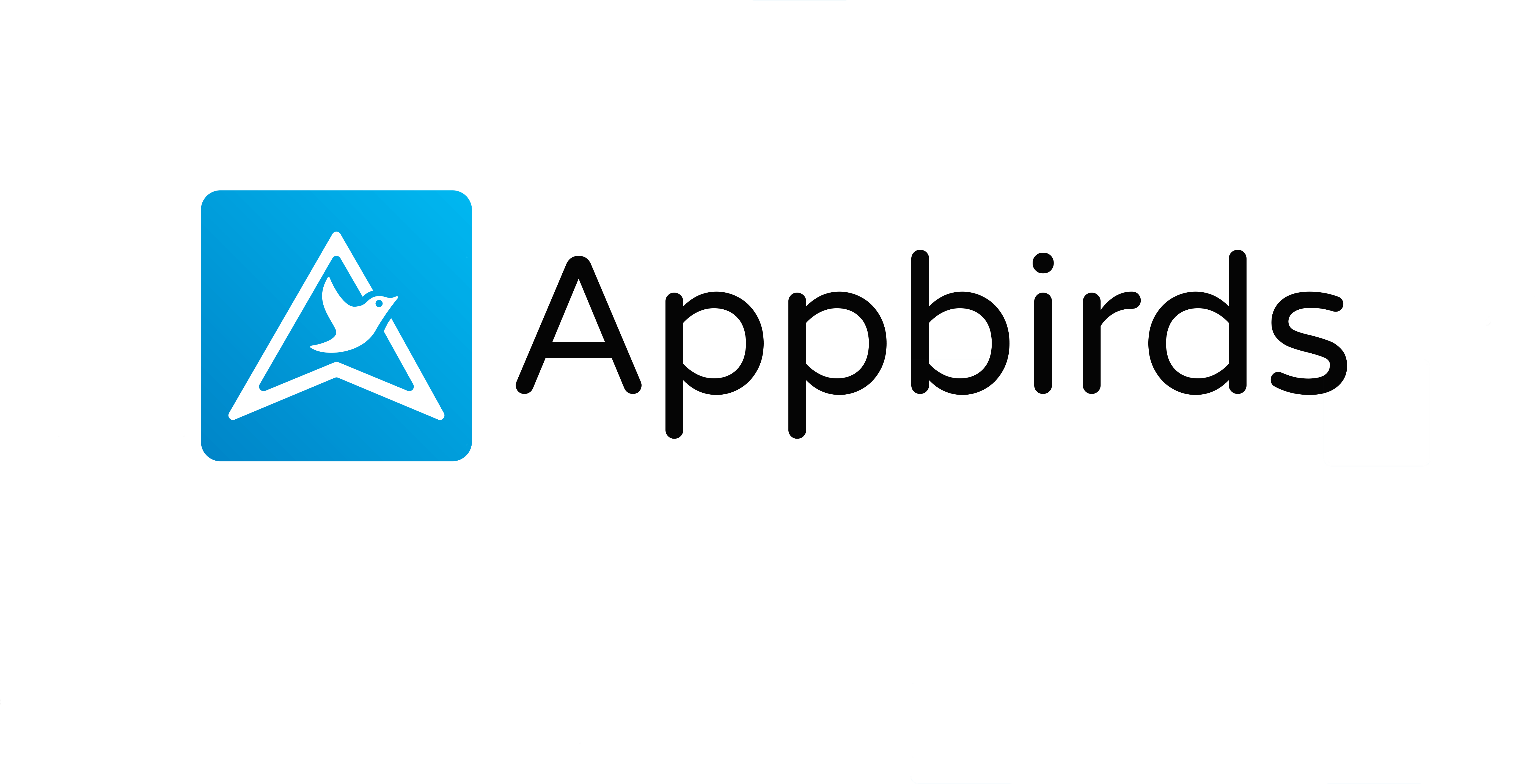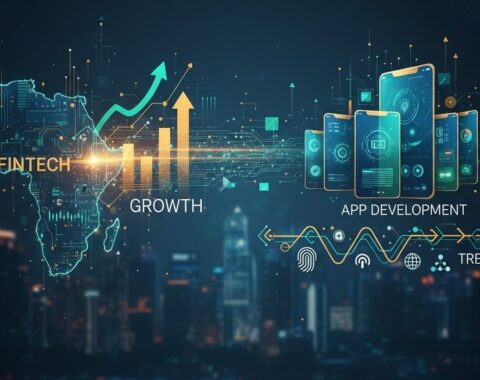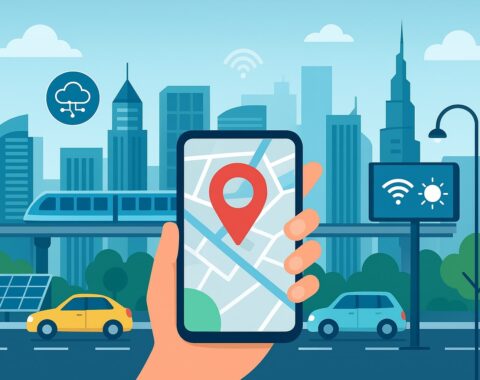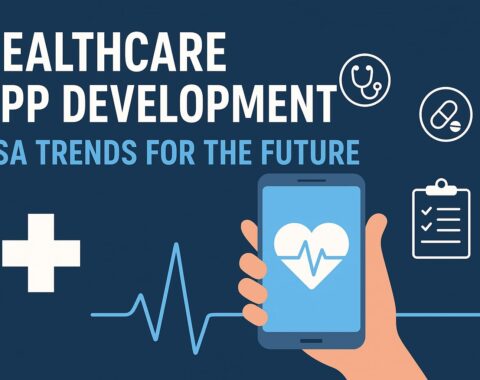The healthcare industry is experiencing a significant digital transformation, with mobile healthcare applications (mHealth apps) at the forefront of this change. These innovative applications are reshaping how healthcare is delivered, streamlining processes, offering personalized treatment options, and enhancing the experiences of patients and providers alike. Customization is key to this evolution, enabling tailored services that improve patient outcomes and optimize overall efficiency. This article explores the rise of mobile apps, their essential features, and the transformative role they play in modern healthcare.
The Rise of Mobile Healthcare Apps
Mobile apps have surged in popularity due to their accessibility and convenience, meeting various healthcare needs and supporting essential services. These apps deliver a range of functions that benefit both patients and providers, including:
- Remote Patient Monitoring
Apps allow healthcare providers to monitor patients’ health metrics from afar, enabling proactive intervention when necessary. - Telemedicine and Virtual Consultations
Patients can connect with providers for consultations without visiting a clinic, making care more accessible.. - Fitness and Wellness Tracking
Wellness and fitness tracking features support healthier lifestyles and provide valuable health data for personalized care. - Medication Management and Reminders
Patients receive reminders for medication, reducing the risk of missed doses and improving adherence to treatment plans.
The real game-changer, however, is the level of customization these apps offer. With personalized features, healthcare becomes more accessible, efficient, and tailored to individual patient needs.
Key Features of a Healthcare Mobile App
A successful healthcare mobile app must include several core features to meet the needs of both patients and healthcare providers:
- User-Friendly Interface
The app must be simple and user-friendly, designed to accommodate users of all ages and varying levels of technological skill. - Secure Patient Data Management
Given the sensitive nature of health information, robust data protection is essential. Secure data management is crucial to maintaining patient trust. - Integration with Electronic Health Records (EHRs)
EHR integration allows healthcare professionals to access and update patient information in real-time, streamlining the care process. - Remote Health Monitoring
Patients should be able to track their health metrics remotely and receive notifications for any significant changes, facilitating proactive care. - Appointment Scheduling
Simplified scheduling empowers patients to manage their health on their terms and reduces administrative burdens for healthcare providers.
Personalizing Patient Care Through Mobile Apps
Customization in mHealth apps enables healthcare providers to offer more personalized care, which can significantly improve patient engagement, communication, and treatment adherence. Here’s how mobile apps transform the healthcare experience for patients:
- Tailored Treatment Plans
Mobile apps allow for real-time tracking of patients’ progress and treatment adjustments, ensuring that care aligns with each individual’s medical history, condition, and lifestyle. - Customized Notifications and Alerts
Apps can send personalized reminders for medication, appointments, and lifestyle adjustments, helping patients stay engaged and more likely to follow their treatment plans. - Remote Monitoring with Personalized Data
Apps can collect health data via wearable devices, enabling doctors to monitor conditions remotely and intervene when necessary.
Benefits for Healthcare Providers
Mobile healthcare apps don’t just benefit patients; they also streamline processes and support providers in their work. Here are some of the ways mHealth apps benefit healthcare providers:
- Efficient Data Collection and Management
mHealth apps simplify data collection, reducing administrative burdens and allowing providers to dedicate more time to patient care. - Telemedicine Integration
Customized apps integrate telemedicine services, making virtual consultations and record management easier and more efficient. - Enhanced Patient-Doctor Communication
Features like in-app messaging and video calls improve communication, ensuring timely responses to patient inquiries and strengthening the patient-provider relationship.
The Importance of Custom Healthcare App Development
While pre-built telemedicine apps are available, custom healthcare app development is often the best option for providers seeking to meet specific needs. Companies like Appbirds Technologies specialize in creating tailored healthcare solutions, designed to address the unique requirements of each practice. Custom apps offer several advantages, including:
- Scalability: Custom apps grow alongside the healthcare provider’s evolving needs, allowing for seamless updates and improvements.
- Enhanced Features: Custom apps can incorporate advanced features, like AI-powered diagnostics, insurance integration, and more, providing a higher level of personalized care.
The Future of Custom Mobile Healthcare Apps
Looking to the future, emerging technologies like AI-driven predictive analytics and blockchain hold great promise for healthcare apps. Here’s how these technologies may further shape the industry:
- AI-Driven Predictive Analytics
Predictive algorithms can analyze historical patient data to anticipate health needs, enabling proactive treatment and early interventions. - Blockchain for Enhanced Data Security
Blockchain technology could transform patient data management by providing decentralized, secure access to medical records, further enhancing customization and data security.
Advantages of Custom Healthcare Apps for Your Practice
For healthcare providers looking to improve operations and patient care, custom app development from Appbirds Technologies can be transformative. Here’s how a custom healthcare app can benefit your practice:
- Improved Patient Engagement: A well-designed app keeps patients engaged by offering easy access to health information and personalized features.
- Increased Efficiency: Custom apps automate processes like appointment scheduling, allowing providers to focus more on patient care.
- Enhanced Communication: Patients can communicate directly with their healthcare providers, minimizing the need for in-person visits.
- Better Data Collection and Analysis: Advanced data collection tools help providers monitor patient outcomes, identify areas for improvement, and make data-driven decisions.
Conclusion
Mobile healthcare apps are reshaping the healthcare industry by enabling personalized care, improving patient engagement, and streamlining processes for providers. With features like remote monitoring and telemedicine integration, mHealth apps have a lasting impact on both patient outcomes and healthcare provider efficiency. As customization and technology continue to evolve, mobile healthcare apps will play an even greater role in creating a connected, patient-centered healthcare landscape.
Investing in custom healthcare app development with Appbirds Technologies can help you integrate personalized healthcare solutions into your practice, paving the way for a more efficient and patient-focused future. The time to innovate and improve healthcare experiences is now!
The industry is undergoing a significant digital transformation, with mobile healthcare applications (mHealth apps) reshaping how care is delivered. These apps streamline medical processes and offer personalized treatment options, enhancing patient experiences and supporting providers. Customization is central to this evolution, enabling tailored services that improve patient outcomes and optimize efficiency.



